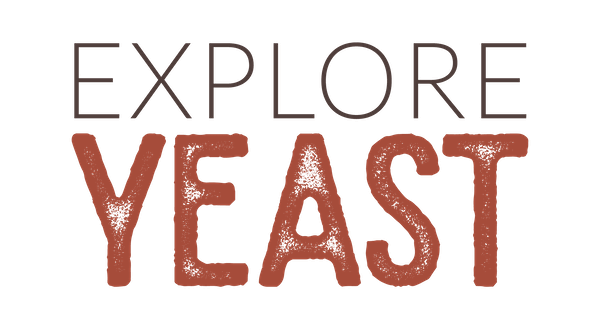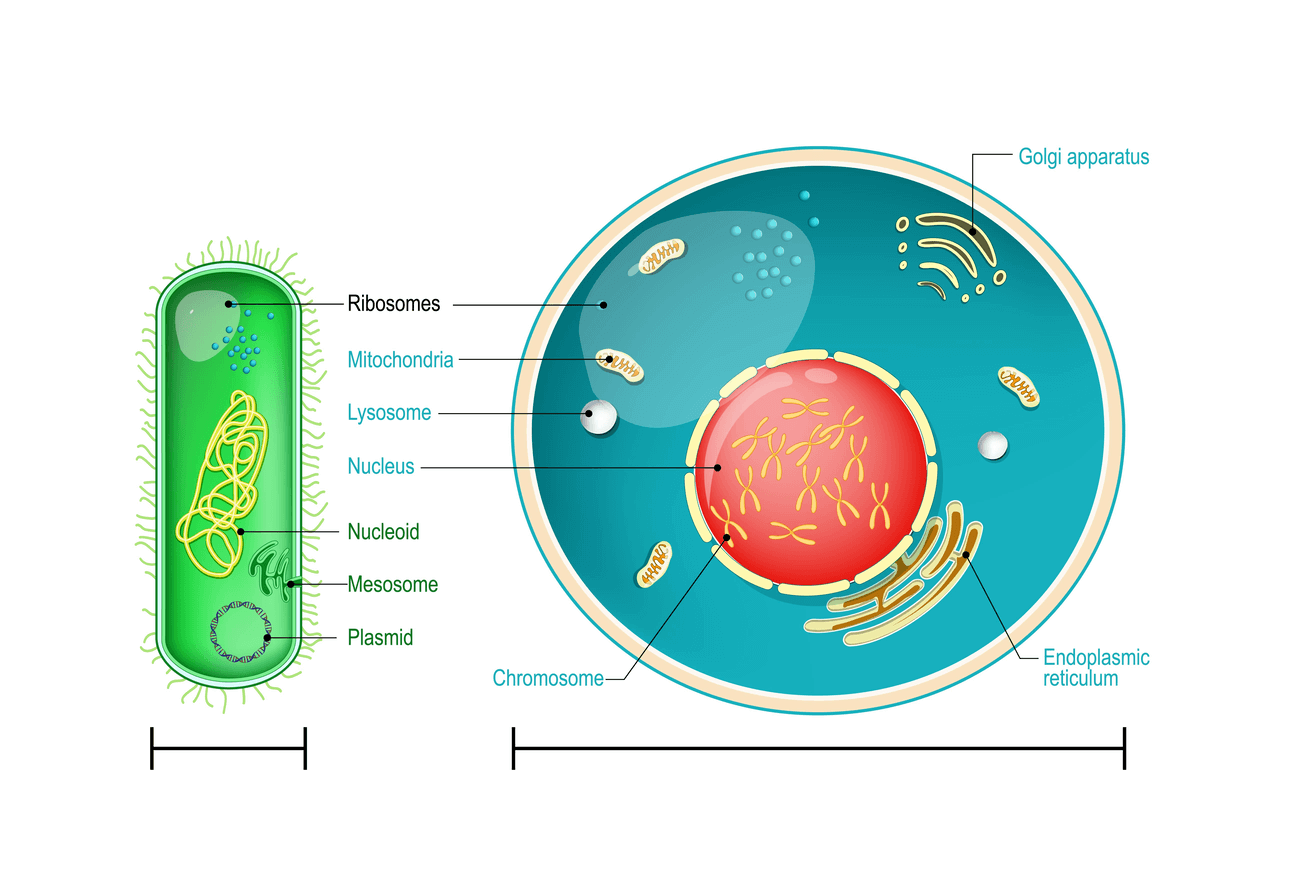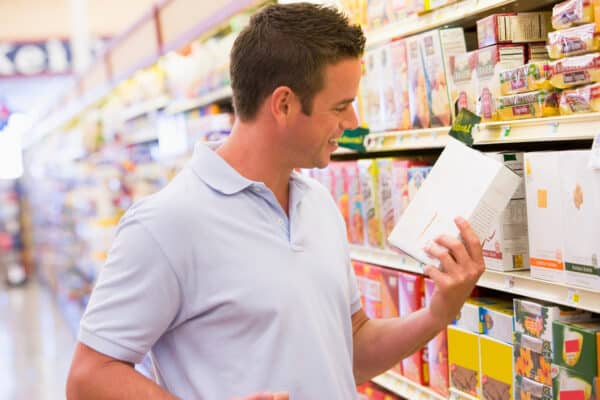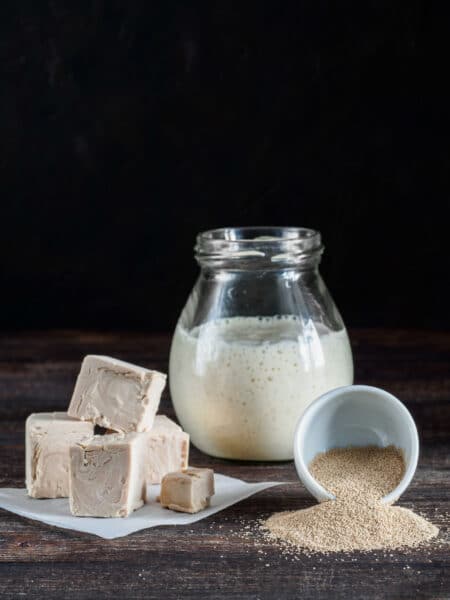Do you think you know everything there is to know about yeast?
Want to find out if you’re a yeast expert?
Answer these 10 true or false questions to find out!
Yeast is a type of bacteria
False!
Yeast is not a bacteria, but a different kind of microorganism. Yeast has a different cellular organization.
Yeast has a cell nucleus containing its DNA in the form of chromosomes, which is not the case for bacteria. Yeasts are eukaryotic and bacteria are prokaryotic.

Yeast is a type of fungi
True!
Yeasts are part of the fungi kingdom. This means that yeasts are in the same family as mushrooms. Yeasts are living, single-cell organisms that are very common in nature.
There are more than 1,500 types of wild yeast that have been identified so far.
Yeast is a parasite
True and false
There are many kinds of yeast dispersed throughout nature. They can be found everywhere from fruits to the soil, and even on the surface of your skin and in your gut.
Yeast cannot produce their own food like plants do. That’s why some yeasts form associations with other organisms such as the yeast growing on the skin of grape or in your gut and so are symbiotic.
Most yeasts live in symbiosis with their hosts and may even provide significant benefits. Different fungi or yeasts in your intestinal tract are essential for good health and digestion.
But some yeasts such as Candida albicans can cause diseases in which case they are parasites. The parasite takes advantage of a host organism for food, shelter or reproduction, but this relationship has a negative effect on the host.
Yeast is used to make alcoholic drinks by fermentation
True!
Yeast is the main ferment and alcohol producer in the production of wine, beer, and other alcoholic drinks.
Saccharomyces cerevisiae is the most utilized in the fermentation of wines and beers. This type of yeast feeds off the sugars coming from different sources including grapes for wine and malted cereals (barley or other) for beer and produces alcohol and carbon dioxide.
Fermentation in yeast produces lactic acid
False.
When yeast is responsible for fermentation such as alcoholic fermentation it produces ethyl alcohol instead of lactic acid as a waste product. This type of fermentation also releases carbon dioxide.
Yeast is used in bread
True.
Yeast is one of the main three ingredients in bread making besides flour and water.
Yeast helps the bread to rise as well as giving it flavor and texture. Without yeast, you will not have bread but a cracker.
Yeast produces ethanol as a byproduct during the rising process
True.
Yeast consumes sugars in the dough and produces ethanol and carbon dioxide as waste products. Ethanol fermentation, also called alcoholic fermentation, is what causes bread dough to rise. The carbon dioxide forms bubbles in the dough and causes it to expand.
Saccharomyces is a kind of yeast
True.
The yeast genus Saccharomyces is a member of the Saccharomycetaceae family (phylum Ascomycota, kingdom Fungi). Members of the Saccharomyces genus are renowned for their extraordinary ability to use enzymes to convert sugar into alcohol and carbon dioxide.
The most well-known is Saccharomyces cerevisiae otherwise known as brewer’s yeast or baker’s yeast which has been vital for winemaking, baking, and brewing since ancient times.
Saccharomyces boulardii yeast is also well-known for its probiotic properties.
Yeast can survive in temperatures from -2 to 45 °C
True!
Yeast can survive in temperatures from -2 to 45 °C. Some yeast can even survive under freezing temperatures. This makes yeast resilient and able to live in a wide array of environments.
NASA Sent yeast into space
True!
NASA’s Artemis 1 lunar mission contained a shoe box-size pod filled with samples of yeast.
But why did they send yeast into space?
It turns out that yeast has a similar genetic make-up to humans and scientists wanted to see how it would be affected by cosmic radiation. They believe by studying yeast in space they can help to protect astronauts and other future members of potential space colonies from harmful radiation.




